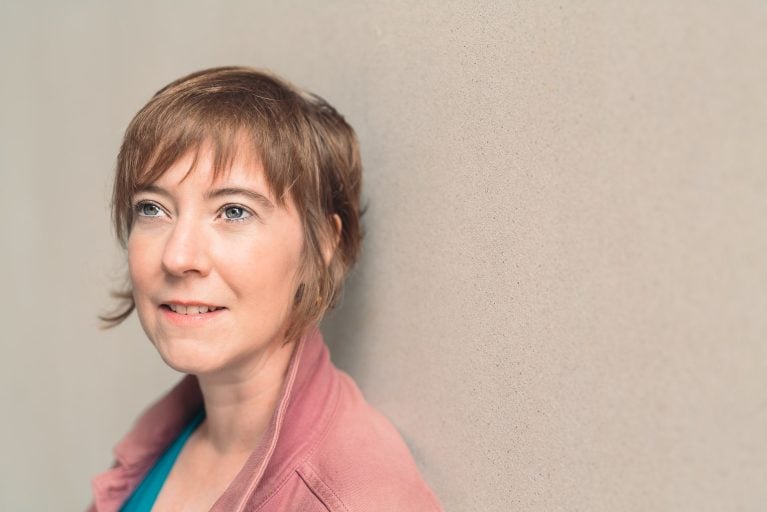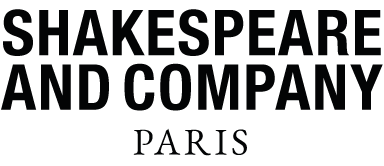Sarah Hesketh on 2016
It was the year of Brexit and Trump and also the year when David Bowie died and Jo Cox was murdered and the Premier League was won by who? There was a lot to talk about...
Join writer and editor Sarah Hesketh for a discussion of 2016, an innovative exploration of a pivotal year in recent history, told in the words of those who witnessed how it played out day by day. In conversation with Adam Biles.
Free & open to all. Places limited. Arrive early to avoid disappointment.
‘This is a book that vividly, wonderfully, stirringly defies categorisation. It is a story, a poem, an oral history, a series of arguments about an epoch, and who and what we are becoming. Sarah Hesketh has done something truly original – brave and also hugely engaging.’
– Fergal Keane
‘Sarah Hesketh’s work is an epic for our times, composed of luminous fragments from the lives of the ordinary and less ordinary. This surprising, funny and deeply human work of documentary poetry puts recent history under the microscope and in doing so redeems it.’
– Sasha Dugdale
‘With great craft and care, Sarah Hesketh has assembled a chorus of ordinary voices to tell the story of a year. If Wordsworth thought that poetry was best found in the overflow of “powerful feelings”, this book acts as a kind of fever-chart for our collective emotions in 2016. Encompassing the election of Trump, the Brexit vote, and the deaths of Jo Cox, David Bowie and Carrie Fisher – as well as the death of Hesketh’s own father - 2016 subtly builds into a moving study of grief, and the solace to be found in other people.’
– Clare Pollard
‘This book gives the rare opportunity to blink through the eyes of those with whom we may not ordinarily agree. I defy any reader to walk away without a renewed perspective on the events of 2016.’
– Tracy King
‘At first the reader is thrown into the current of each speaker’s opinion: something is being lamented, fought against or championed. But immediatelv there is nuance, doubt, reasonableness and hesitation. This is not social media. A voice rises up as from a multi-track recording, then another, as we attempt to place each speaker within various accepted camps. But soon boundaries fade away. What side the voice is on becomes less obvious, or perhaps irrelevant. The mosaic technique lays bare the raw material – the same units of speech – from which all opinions are formed. And as with the best pieces of literature based on transcribed speech an accumulative effect takes hold: it becomes a choral piece
– Caroline Clark
*
Sarah Hesketh is a writer and editor from Pendle, in East Lancashire. She is the authorof the poetry collections Napoleon’s Travelling Bookshelf (Penned in the Margins, 2009) and The Hard Word Box (Penned in the Margins, 2014), and the editor of The Emma Press Anthology of Age (2015). She has been an Artist in Residence with Age Concern and The Holocaust Memorial Day Trust. Her work has a focus on socially engaged writing practices and in 2022 she wa awarded a Royal Society of Literature ‘Literature Matters’ Award. She currently lives in London and works as Managing Editor for Modern Poetry in Translation.












